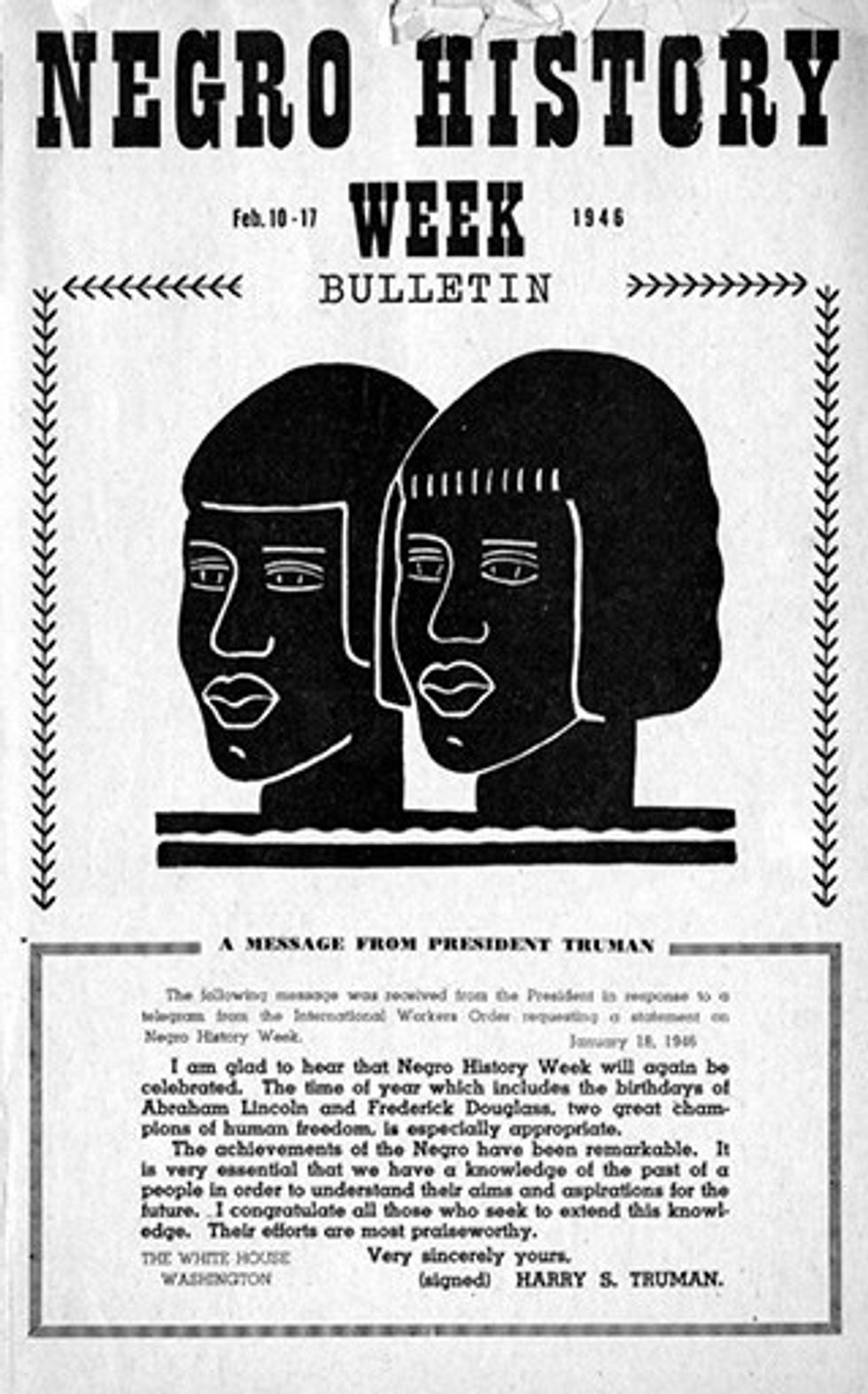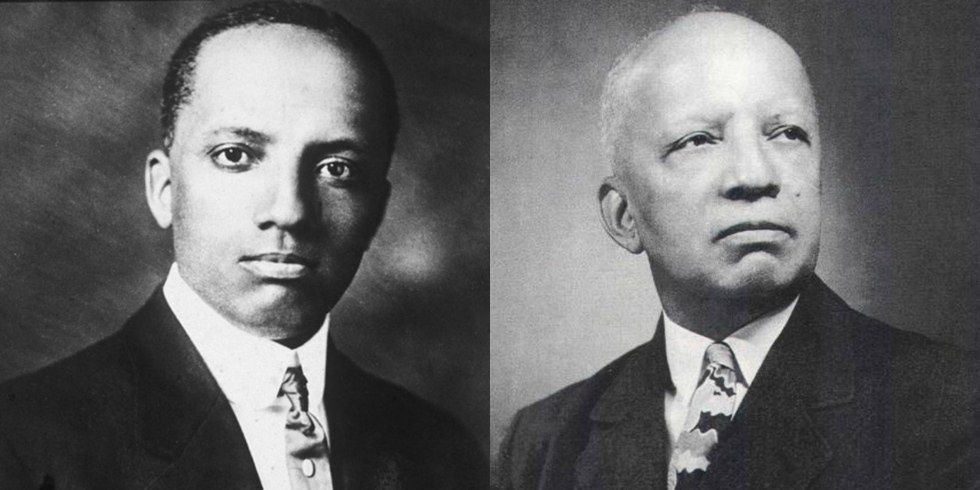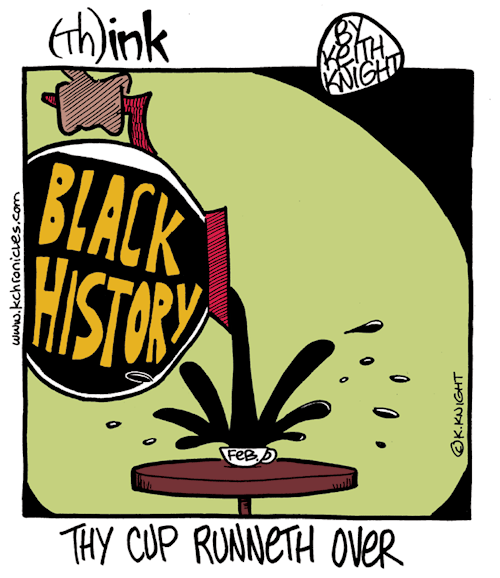February has begun which means it is time for Black History Month. Of course, Black history should be acknowledged all year round, but this month in particular is when Black history is discussed and taught the most especially in schools. Some may be wondering, "why February?" along with other questions about the month itself. Hopefully, this list of facts puts those questions to rest.
1. When did it began and how?
Before it became a month, Black History Month started as the second week of February which was known as “National Negro History Week” in 1926. It was created by Carter G. Woodson, a historian and the founder of the Association for the Study of Negro Life and History (ASNLH), with a minister named Jesse E. Moorland to honor the achievements of African Americans and to encourage schools to incorporate Black history into the curriculum.
Though it started as a week, in the 1960s college campuses started celebrating Black history throughout February due to the civil rights movement. Like a game of telephone, word got out about what the colleges were doing and more people became drawn to the idea of Black History Month. Even President Gerald Ford accepted it in 1976 as a necessary celebration which inspired mayors and future presidents to acknowledge it.
2. Why February?
It
may seem random to celebrate Black History on the second week of February, but
Jesse E. Moorland and Carter G. Woodson had a very good reason for it. The
second week of February holds the two birthdays of two important historical
leaders that fought for equality: Abraham Lincoln and Fredrick Douglass. Abraham
Lincoln’s birthday is on the 12th and Douglass’ birthday is on the
14th.
3. Do other countries celebrate it?
Britain and Canada have a Black History Month too. However, in Britain it is celebrated in October and it started in 1987. There is even a magazine in Britain dedicated to the month called “Official Black History MonthUK or the BHM. It has been celebrated for over 35 years.
As for Canada, there is a section for Black History Month on the country’s website that provides a poster called “Stories of Courage,” and a virtual tour through its Black History Museum. The celebration was first proposed to Canada’s House of Commons on December of 1995 by Jean Augustine, the first Black Canadian woman elected in parliament. The members of the House of Commons agreed, but it did not become completely official until it was adopted on March 4, 2008 by the first Black Canadian senator, Donald Oliver, who proposed it again on February 2008 with a “Motion to recognize contributions of Black Canadians and February as Black History Month.” The motion was agreed upon and February became Black History Month in Canada.
4. Is it controversial?
Black History Month represents empowerment for some while it triggers others. If people like Morgan Freeman and Stacey Dash are not arguing that Black history is a part of American history which cannot be summed up in one month, then people are arguing it is a racist month since one race having a month can inspire feelings of superiority. There is no telling when the month started to lose favor, but it is interesting to see how a once beloved celebration, turned into a perfect debate starter. For more views on this topic, go to http://www.debate.org/opinions/should-we-celebrate-black-history-month.



























